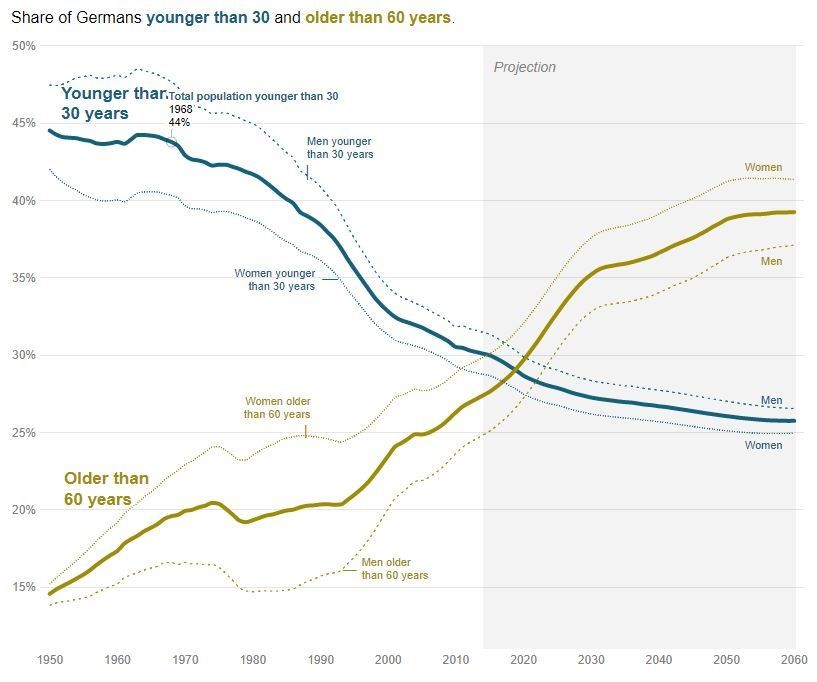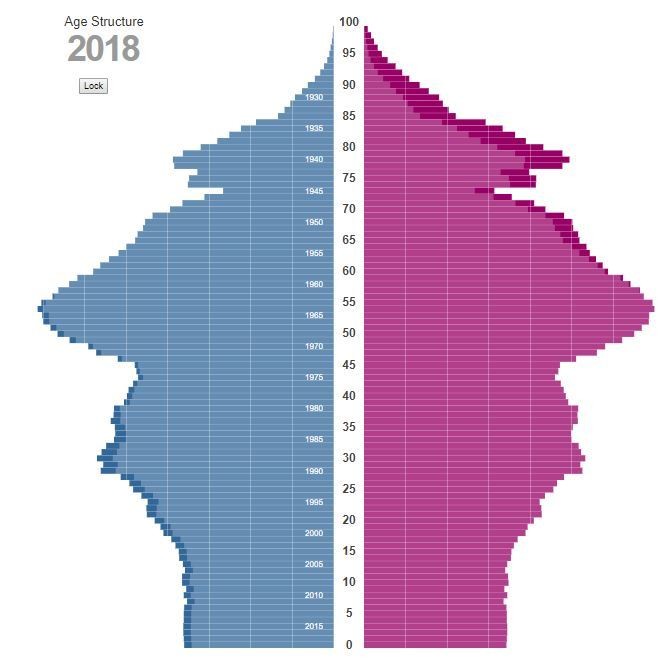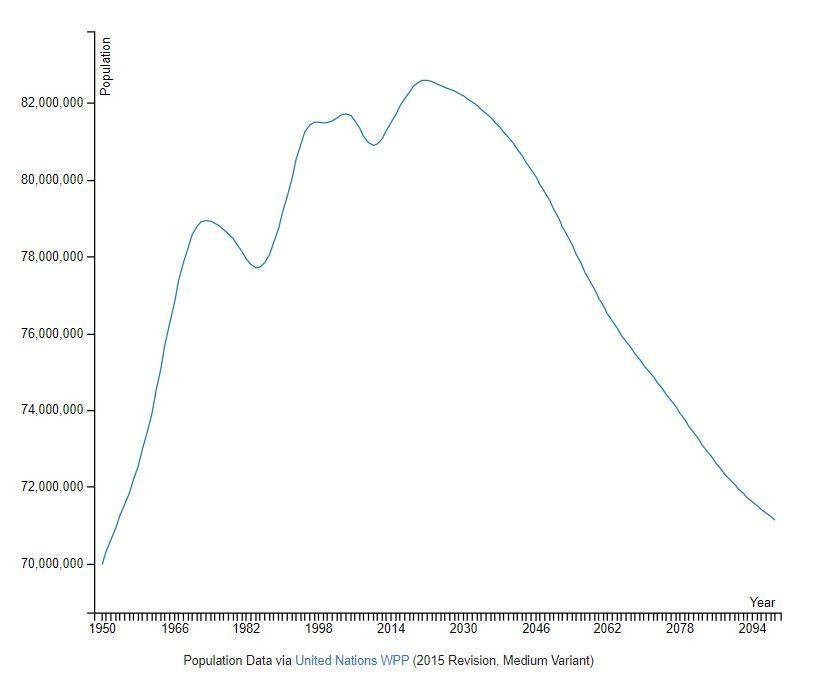Germany will hit a significant demographic milestone over the next year

In 2019, Germany will have fewer citizens under the age of 30 then those who will be 60 or older. Image: REUTERS/Michaela Rehle

Get involved with our crowdsourced digital platform to deliver impact at scale
Stay up to date:
Germany
In Europe, the economy is humming along at its fastest pace in 10 years.
According to the European Central Bank, the most recent forecast for the eurozone pegs growth at 2.3% for the year ahead, a significant upgrade from the central bank’s previous estimate of 1.8%.
But as Europe regains its economic mojo, a key part of the machine is seeing demographic reality take shape.
A scary milestone
It’s been no secret that Germany, which has a reputation as the economic engine of Europe, is in a troubling demographic predicament. With one of the oldest populations in Europe, and a low fertility rate of just 1.5 births per woman, it is only a matter of time before the rubber hits the road to affect growth in the country.
That time may be finally creeping in, and the country is poised to hit a dubious milestone in the next year that really crystallizes concerns around the demographic composition of Germany’s population.
By 2019, there will be fewer Germans under 30 years old than there are Germans that are 60+ years:

This ratio is certainly extreme on a global level – after all, 24.4% of the world population is under the age of 14, and only 12.3% is older than 60 years.
However, it’s also pretty extreme in comparison to other developed countries. The U.N., for example, recently estimated that the 60 and older population made up an average of 22.1% of the total for all high-income countries.
Conversely, the last time the 60+ group made up the same proportion in the German economy was in 1997.
A closer look at Germany
For a closer look at this trend, here’s an animated and interactive chart of Germany’s population pyramid. Notice that by 2020, the shape starts to represent the negative population growth pattern that we showcased in a previous post.

Visualizing negative growth
With more people in the 60+ age bracket than in the younger generation, it’s inevitably a prelude to population decline in the native population.
Here is this negative growth projection shown, using a more conventional graph:

Based on these United Nations projections, the German population is likely to decline by over 10 million people as we move towards the end of the 21st century.
This is a stark contrast to other parts of the world, such as the booming megacities in Asia and Africa, that will soon dominate the world’s future demographic landscape.
Don't miss any update on this topic
Create a free account and access your personalized content collection with our latest publications and analyses.
License and Republishing
World Economic Forum articles may be republished in accordance with the Creative Commons Attribution-NonCommercial-NoDerivatives 4.0 International Public License, and in accordance with our Terms of Use.
The views expressed in this article are those of the author alone and not the World Economic Forum.
Related topics:
The Agenda Weekly
A weekly update of the most important issues driving the global agenda
You can unsubscribe at any time using the link in our emails. For more details, review our privacy policy.
More on Health and Healthcare SystemsSee all
Shyam Bishen
April 24, 2024
Shyam Bishen and Annika Green
April 22, 2024
Johnny Wood
April 17, 2024
Adrian Gore
April 15, 2024
Fatemeh Aminpour, Ilan Katz and Jennifer Skattebol
April 15, 2024






